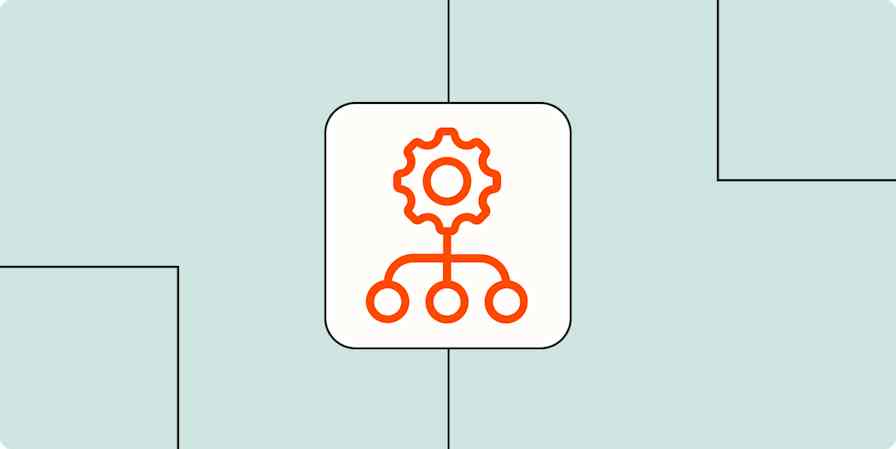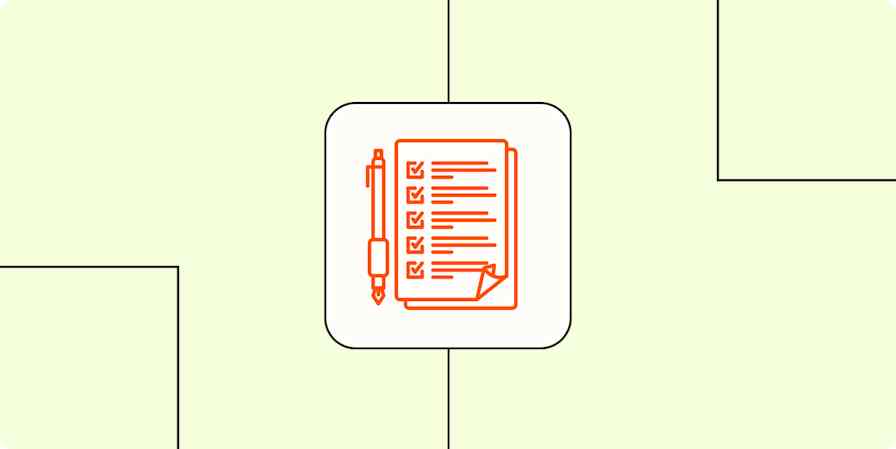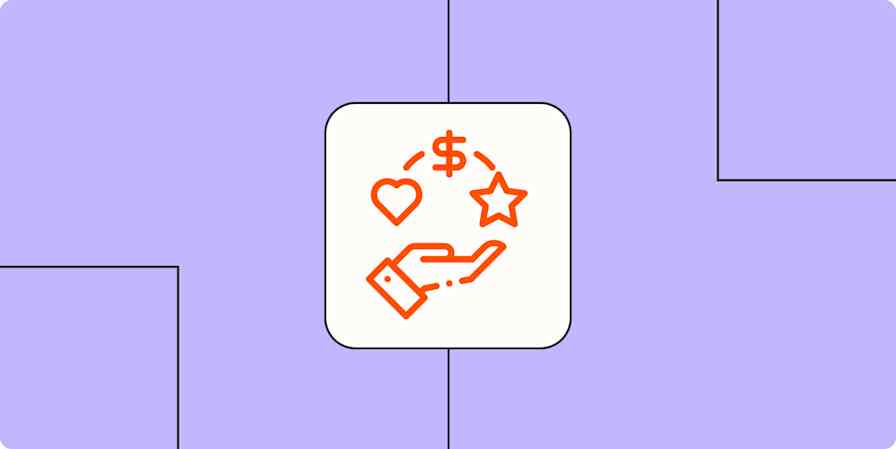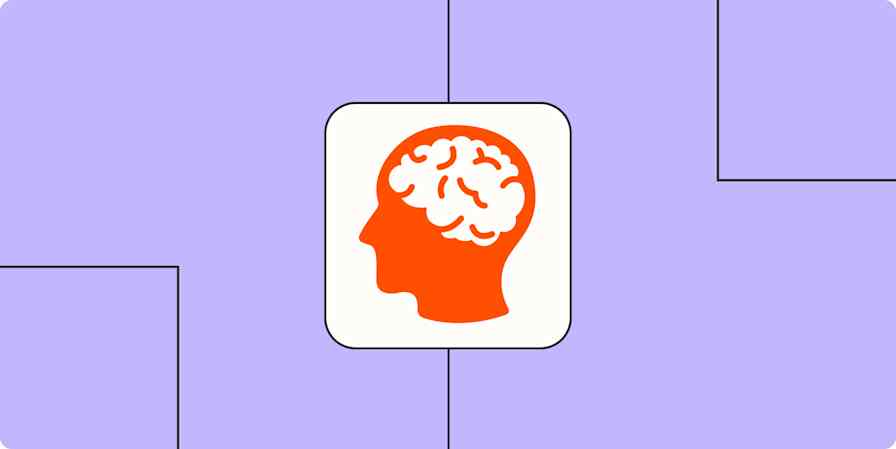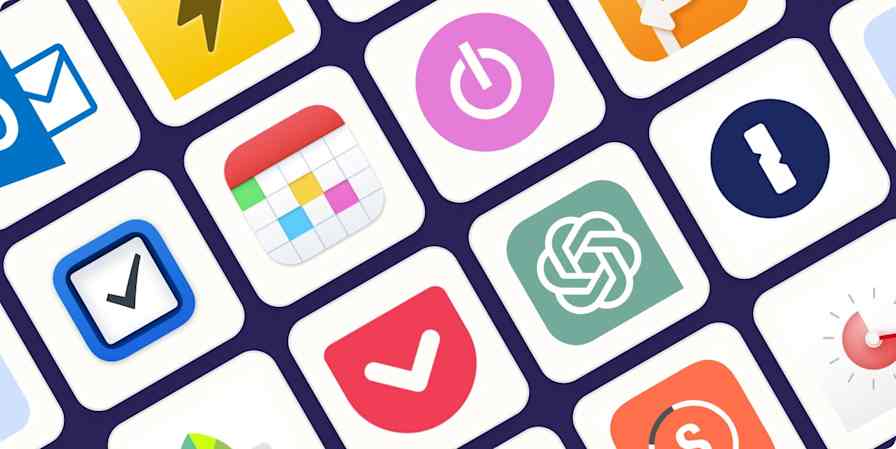Productivity tips
3 min readHow I use my devices' built-in automation tools for work-life balance
By Lily Ugbaja · November 22, 2022
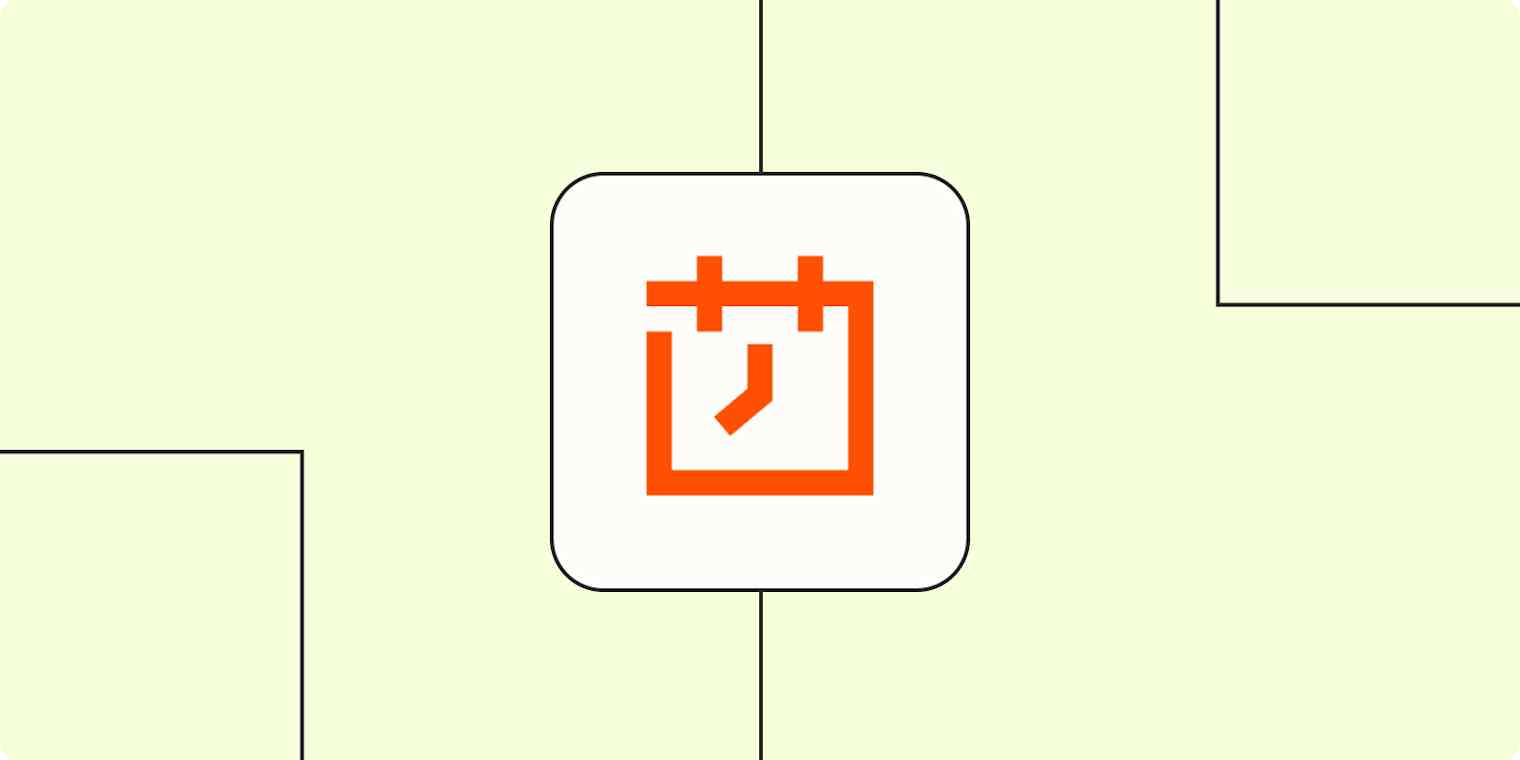
Get productivity tips delivered straight to your inbox
We’ll email you 1-3 times per week—and never share your information.
Related articles
Improve your productivity automatically. Use Zapier to get your apps working together.

